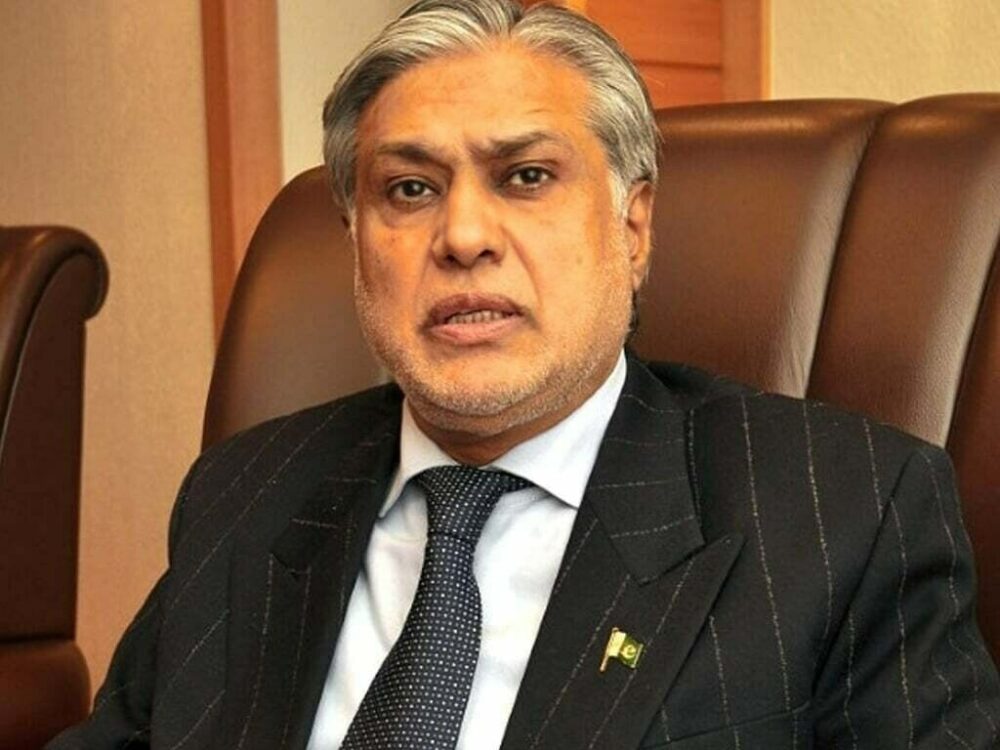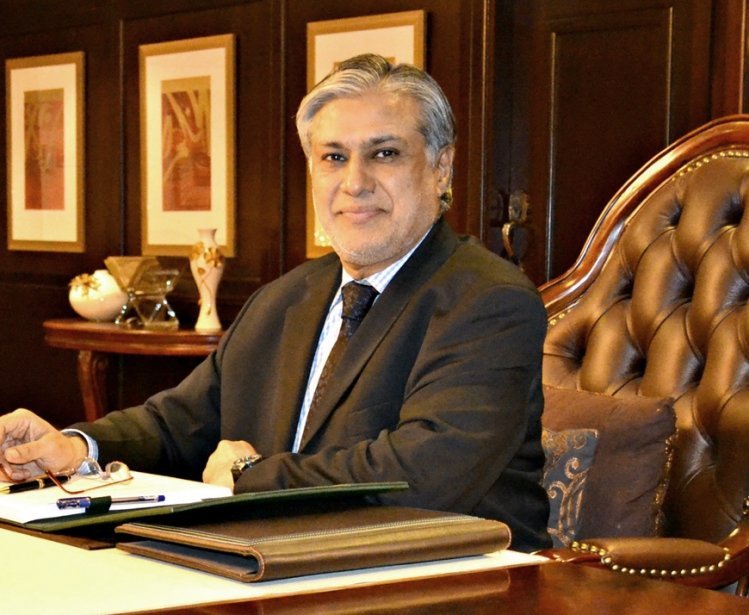ISLAMABAD: Finance Minister Ishaq Dar expressed surprise at the reactions from some political leaders and others regarding the proposal to nominate him for the caretaker prime minister position in Pakistan.
He said that he would accept whatever decision the Pakistan Muslim League-Nawaz (PML-N) leadership makes regarding the caretaker prime minister role.
According to Dar, discussions about the caretaker prime minister are premature at the moment. As they are still being debate continue. He said that the decision for the caretaker prime minister will be made by the Pakistan Democratic Movement (PDM) and coalition parties.
Dar argued that Pakistan cannot function properly without increasing the powers of the caretaker government. He firmly rejected the idea of postponing the elections. He advocated extending the caretaker government’s term from 60 to 90 days.
Regarding the devaluation of the Pakistani rupee against the US dollar. Dar claimed that the real value of the rupee should be Rs244 per USD and expressed dissatisfaction with its devaluation. However, he stated that as the finance minister, he would refrain from making public statements about the matter in the interest of the country.

Dar expressed confidence that former Prime Minister Nawaz Sharif would return to Pakistan and participate vigorously in the elections. He believed that Nawaz Sharif would be the candidate for the premiership for the fourth time. Dar also suggested that his advice to Prime Minister Shehbaz Sharif would be to be a part of Nawaz Sharif’s team in the central government.
When asked about the political future of Maryam Nawaz and Hamza Shehbaz. Ishaq Dar stated that it was premature to make any predictions. He also claimed that despite facing severe challenges during his government’s tenure. They did not seek revenge and were now back in his old position as the finance minister.
Ishaq Dar held both the “Project PTI” (Pakistan Tehreek-e-Insaf) and its supporters responsible for the economic disaster in the country. Implying that their policies had contributed to the economic challenges Pakistan faced.


